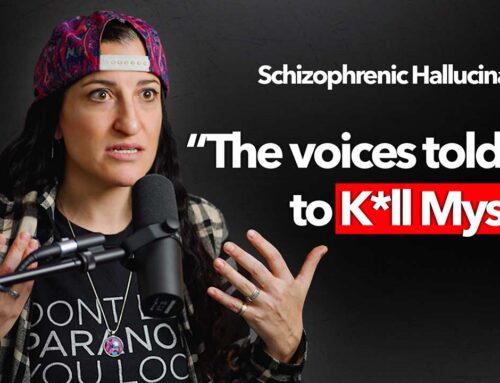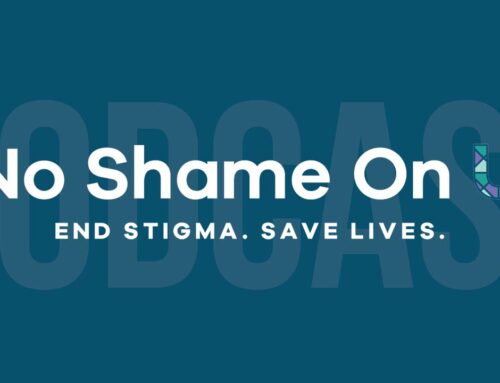By Sarah Fader
What happens when you meet somebody and you want to date them seriously? When do you disclose that you have schizophrenia and deal with hallucinations? It’s a difficult thing to figure out. I personally do not have schizophrenia but I have two really good friends who would manage this every day. So I wonder how they would treat the situation. I talked to Michelle about this and she said it would be important for the person she is dating to know. It makes sense and also if they googled her they would find out that she had schizophrenia or as she says she is schizophrenic. She does get a lot of flack for mental health advocates when she identifies at schizophrenic. I don’t understand this because if I wanted to call myself “toothpaste” I could do that. It’s my right to call myself whatever I want as long as it’s not directly offensive to society, which I do not believe the word schizophrenic is. The problem is that schizophrenia is often portrayed in an inaccurate way in the media and there are a lot of misconceptions about people with the illness and how they identify.
It would be helpful to disclose that you have schizophrenia to someone you’re dating.
So I can see why it would be helpful to disclose that you have schizophrenia to someone you’re dating so that would be they would be prepared if you were symptomatic. Plus if the relationship got super serious and you were interested in getting married you might reveal this issue when you went to a relationship counselor.
Being open and honest in your relationships is crucial. No matter what’s going on. Whatever your symptoms are.
Maybe it’s not even about mental illness. Maybe it’s just about the fact that you have flaws. Being open about what’s going on with you will strengthen your relationship and that leads to a better stronger open level of communication.
Having a lasting relationship depends on trust and communication. Someone taught me this and I totally 100% stand by it.
I can’t imagine how hard it is to manage hallucinations. I have only hallucinated one time and that’s because I had lack of sleep for two weeks. But I don’t actually know how difficult it must be to deal with this on a daily basis. So I can understand how it would be helpful to communicate this your partner. And if the person is understanding they can be supportive during these symptomatic times.
Do you deal with psychosis? Have you reveal this year partner? When did you find the Appropriate time to tell that person that you were dealing with psychosis?






